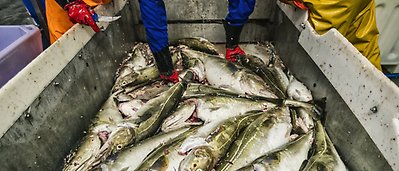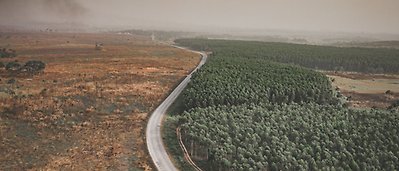Social-ecological drivers and impacts of invasion-related regime shifts: consequences for ecosystem services and human wellbeing
Summary
There are growing concerns that increasing global environmental pressures could lead to the exceedance of critical ecological thresholds that could trigger long-lasting regime shifts that will affect the structure and function of ecosystems and the broader social-ecological systems in which they are embedded. Biological invasions are a major driver of global change, and a number of invasive species alter key ecological feedbacks in ways that lead to regime shifts, with consequences for biodiversity, ecosystem services, livelihoods and human wellbeing.
We present four case studies, chosen to represent a diverse range of ecosystems and invasive taxa, to illustrate invasion-driven regime shifts in a variety of social-ecological systems globally. The case studies are: i) wattle trees (Australian Acaciaspecies) in fynbos shrublands in South Africa; ii) Nile perch (Lates niloticus) in Lake Victoria in East Africa; iii) chestnut blight fungus (Cryphonectria parasitica) within broad-leaved forests of eastern North America; and iv) the floating macrophytes salvinia (Salvinia molesta) and water hyacinth (Eichhornia crassipes) in East Sepik Province of Papua New Guinea. For each case we identify the social and ecological drivers and feedbacks underlying the shift, the impacts on ecosystem services and human wellbeing, and the management options for reducing impacts.
We discuss the value of using causal-loop diagrams to improve our understanding of the complex dynamics of shifts, and explore how concepts associated with regime shifts can inform guidelines for enhancing adaptive governance of biological invasions. Identifying species that have the potential to generate high-impact regime shifts, understanding the diversity of consequences for different environments and stakeholders, and developing robust management methods to reduce impacts and restore systems to improve social-ecological resilience and reduce vulnerability are priorities for further research.






